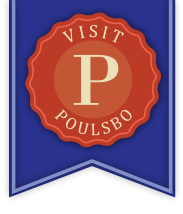Science Saturdays – Keyport Naval Undersea Museum
SCIENCE SATURDAYS
Join us in the fall, winter, and spring for Science Saturdays! On the first Saturday of each month, the museum will host a new hands-on activity for visitors.
Open Program: The first Saturday of each month, September-November, February-May, 10:00 AM-2:00 PM


